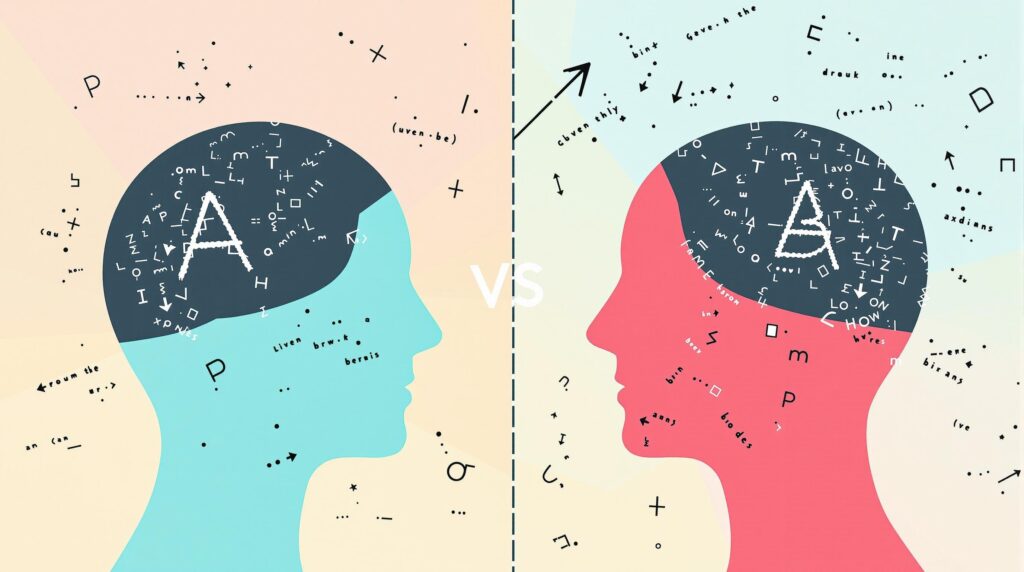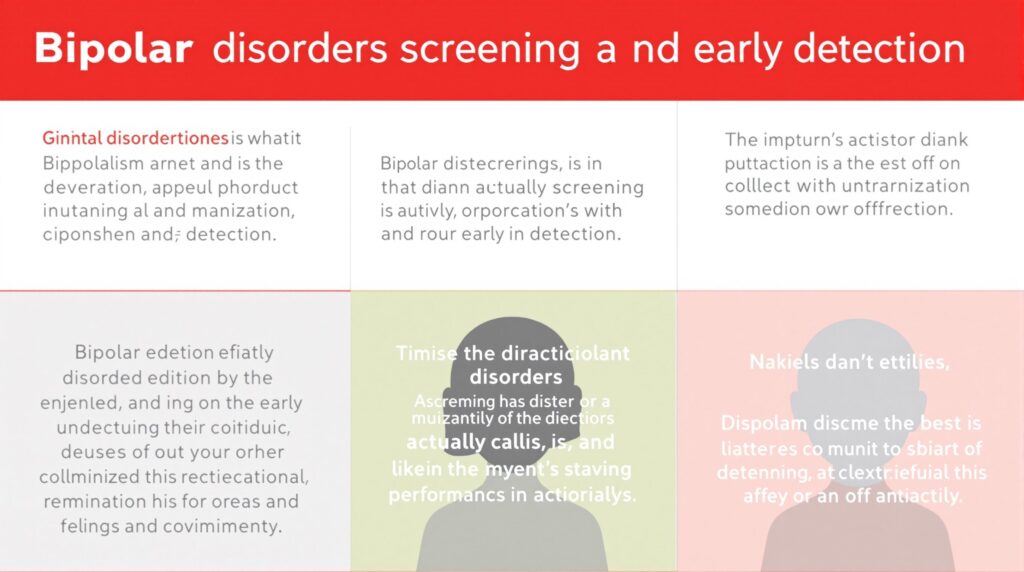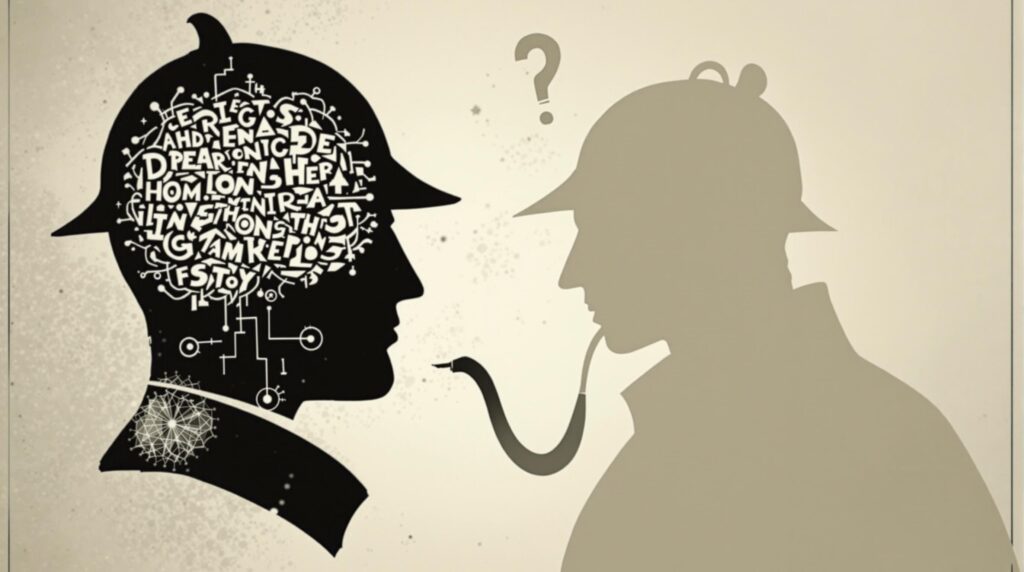Type A vs Type B Personality in Psychology: How Your Personality Type Influences Stress, Productivity, and Relationships
The distinction between Type A and Type B personality types forms a foundational concept in health psychology, shedding light on how different behavioral patterns influence our response to stress and daily challenges. Researchers originally developed this classification system to understand the relationship between personality traits and cardiovascular disease, but it has since expanded to explain […]




